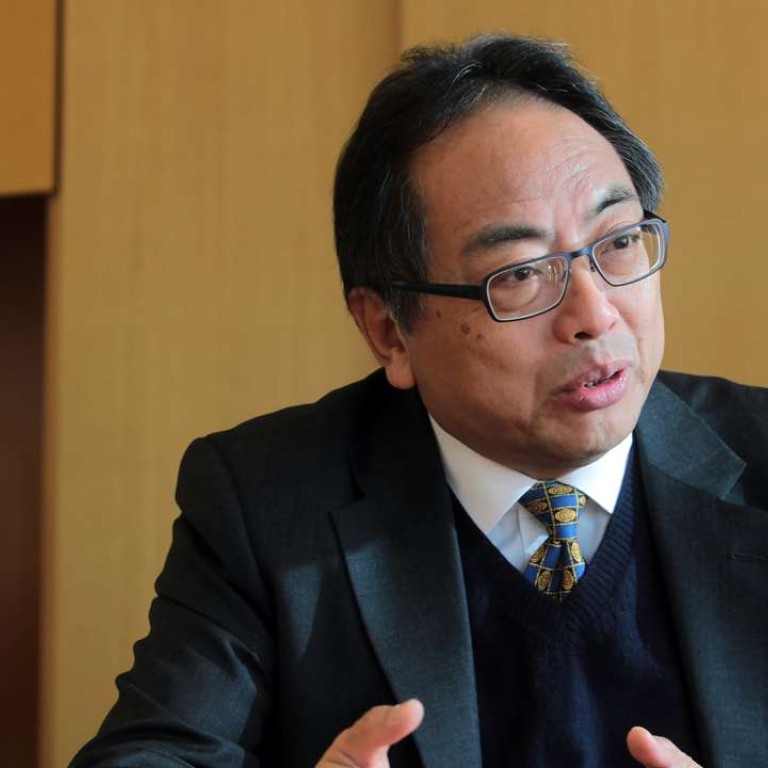
Too few Hong Kong secondary pupils taking advanced maths and science courses, researchers say
Study finds schools spent too much time on core subjects, at the expense of more challenging elective courses, and students often struggle when reaching university level
A team led by Tsui Lap-chee, a former president of the University of Hong Kong, has called for local universities to review their admission policies to encourage more students to take advanced mathematics and science subjects at the upper secondary level.
The call came after a study the team carried out found schools placed an overemphasis on teaching core subjects, at the expense of elective courses, which include advanced maths and sciences.
This, researchers said, has resulted in fewer students taking these subjects, as they were more difficult to study, at upper secondary level, and such students then have to play catch up at university level.
Under the Diploma of Secondary Education system, most students take four core subjects of English language, Chinese language, mathematics, liberal studies and two electives.
The minimum requirements necessary to enter undergraduate programmes offered by public universities are a minimum of level 3 for the languages and level 2 for the two other core subjects.
According to the study, which surveyed 154 secondary school principals, 55 per cent of the schools used more than 60 per cent of the time on teaching core subjects during normal schooling hours.
The study also found that 89 per cent of the schools give student remedial lessons, with 69 per cent of the time spent on the core subjects.
While the research, which also interviewed around 100 people including parents, secondary school principals, Education Bureau and Hong Kong Examinations and Assessment Authority representatives, and compiled statistics from the authority, found that students have a high interest and potential in science, technology, engineering, and mathematics subjects, the take-up rate of these subjects was not high at upper secondary level, with a drop in the number of those taking extended maths subjects.
Another issue raised was that students had a narrow knowledge of maths and science subjects.
“There is now a problem connecting the upper secondary education with university education and [some] universities now give remedial lessons to students [compared with the time before DSE],” Rita Lun Ka-yung, honorary adviser of the Academy of Sciences of Hong Kong, which was co-founded by Tsui, said.
Ma Siu-leung, chief executive officer of sponsoring body Fung Kai Public School, who helped Tsui with the research, said: “With so much time already spent on the core subjects, many would not want to take M1/M2 [the extended maths subjects] as they are challenging, and instead opt for easier electives.”
He said this resulted in those in engineering, for example, struggling with the studies as they do not have much background in maths topics such as calculus, algebra and statistics.
Tsui, who is currently the president of the Academy of Sciences, suggested that universities look at their enrolment policies, such as making it a prerequisite to have studied the extended maths subject on calculus and statistics for those studying finance in university, and the extended maths subject in algebra and calculus for those studying engineering in university.
Henry Wong Nai-ching, dean of science at the Chinese University and also part of the research team, said he was considering awarding extra points for admissions for some university programmes for those who studied related subjects at upper secondary level.
“For example, those who are taking physics at university level, if you take physics and biology at upper secondary level, you can have additional points,” he said.

